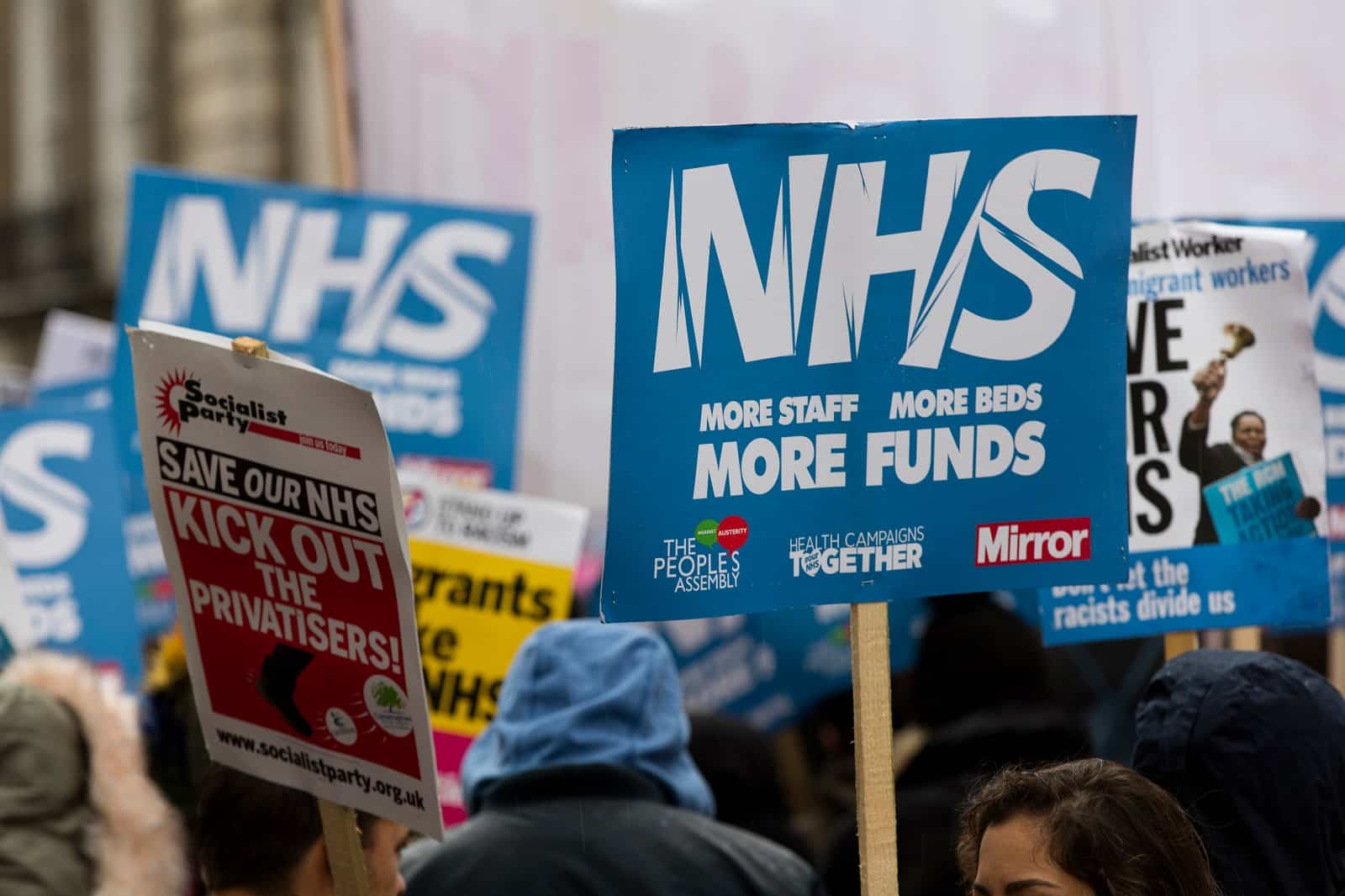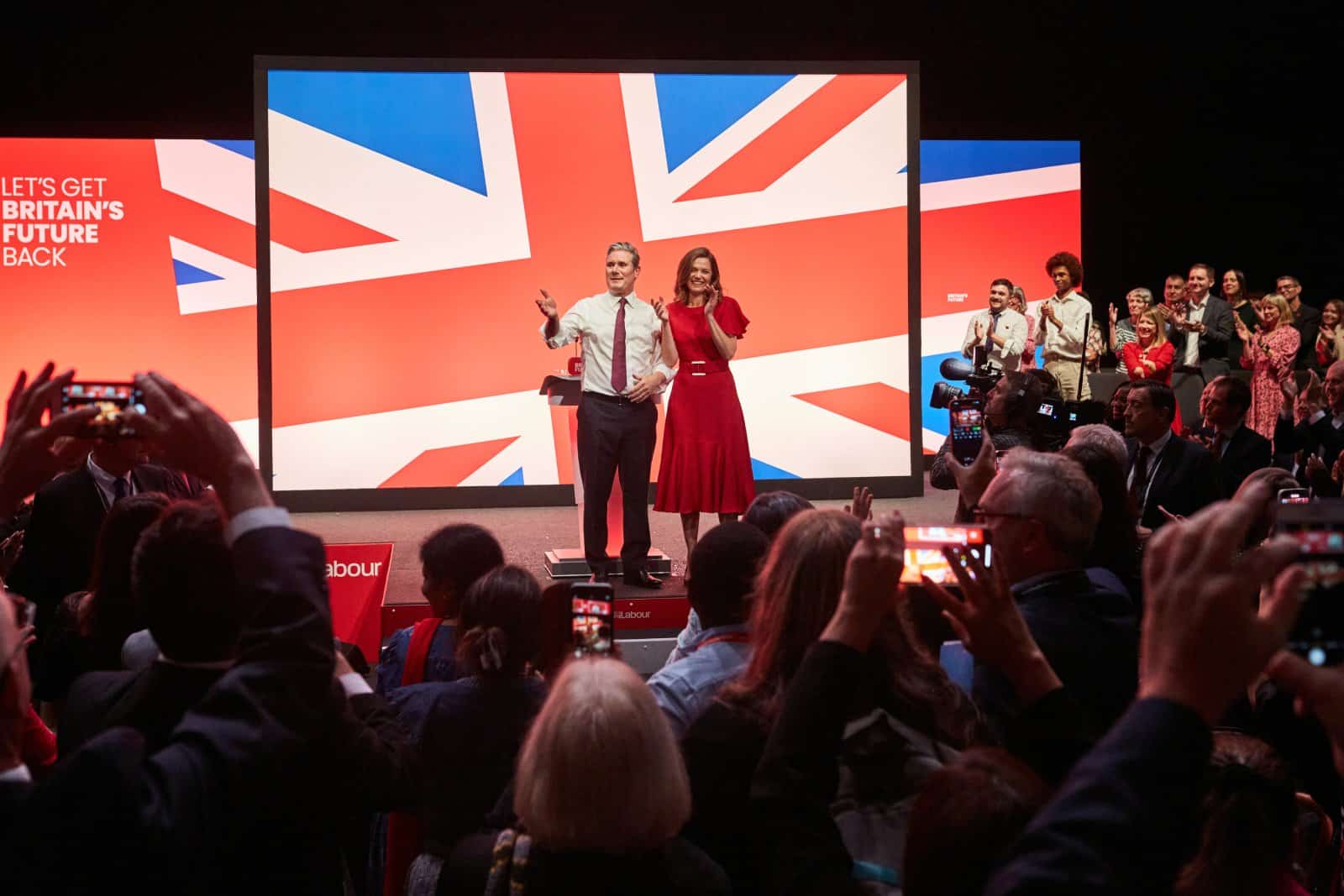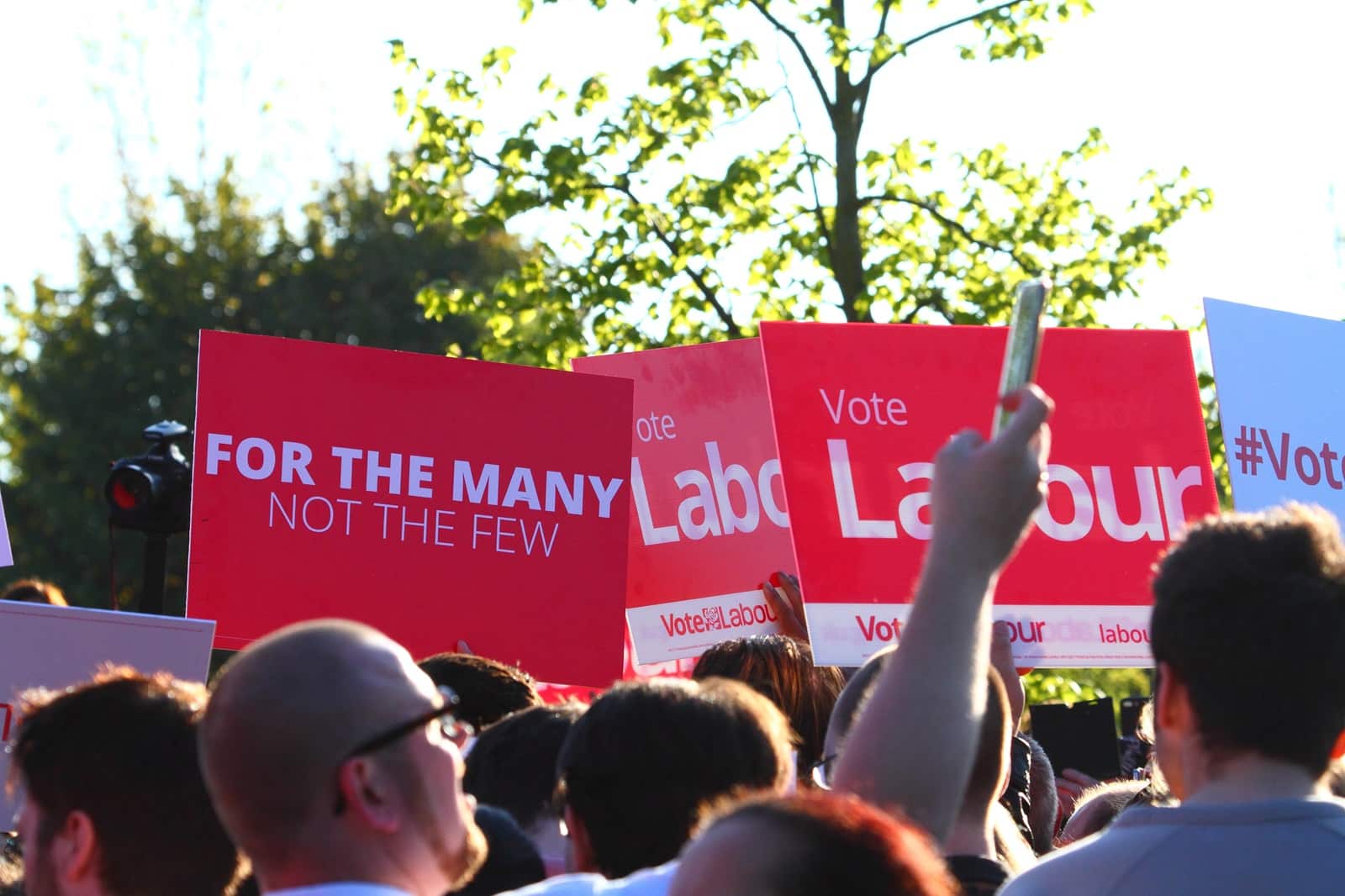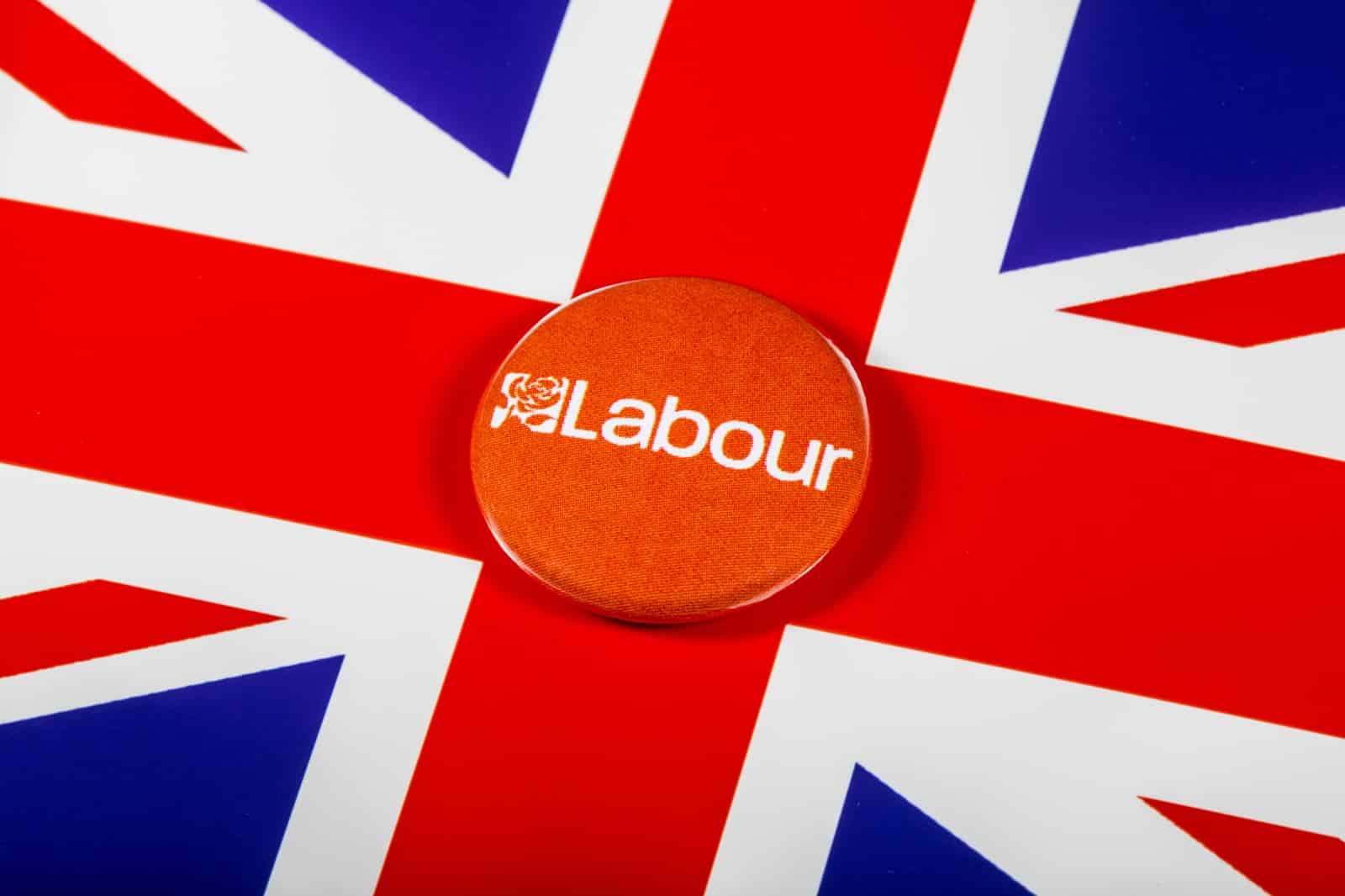With the 2024 General Election looming, Labour, under Sir Keir Starmer, has a chance to transform British politics. Here are 16 strategies Labour can use to secure a landslide victory and the pitfalls they must avoid.
1. Nailed Economic Stability

Labour must convince voters they can manage the economy better than the Conservatives. Keir Starmer’s promise of “tough spending rules” and a tax lock to avoid raising income tax, national insurance, or VAT is designed to win over fiscally conservative voters.
2. Doubled Down on NHS Commitments

The NHS is a top priority for voters. Labour’s pledge to inject £28 billion annually into the NHS, reduce waiting times, and improve patient care can significantly boost their appeal. If they falter on healthcare promises, it could cost them dearly.
3. Engaged the Disenchanted Voters

Many former Conservative voters are now undecided. Labour needs to connect with these “don’t know” voters by presenting a compelling reason to switch sides. Failing to do so means these voters might just swing back to the Tories.
4. Championed Working-Class Interests

Labour should relentlessly focus on reducing economic inequality and supporting the NHS. Standing up for working-class interests will resonate with those who feel neglected by the current government.
5. Pushed For Public Ownership of Utilities

Labour’s plan to bring rail, mail, water, and energy into public ownership can attract voters tired of high costs and poor services. If they fail to communicate the benefits effectively, it might come across as unrealistic and expensive.
6. Boosted Local Government Funding

Promising an additional £5 billion annually for local governments can restore services cut by austerity and empower local authorities. Ignoring local issues can alienate voters who feel their immediate concerns aren’t being addressed.
7. Lead the Green Energy Revolution

Labour’s Green New Deal and the creation of Great British Energy aim for net-zero carbon emissions by 2030. This plan includes massive investments in renewable energy, which can attract environmentally conscious voters. However, any perceived lack of commitment to green policies could backfire.
8. Overhaul Of Social Care

Labour plans to integrate social care into the NHS, providing free personal care for older and disabled people. This move won over many voters worried about the future of social care. Dropping the ball on this issue would have been a critical misstep.
9. Tackle Educational Inequality

Increasing education funding by £10 billion annually to hire more teachers and reduce class sizes can show Labour’s dedication to giving every child a fair start in life. Failing to address educational disparities could lose the support of parents and educators.
10. Get Tough on Crime

Launching a new Border Security Command and increasing neighborhood policing are part of Labour’s strategy to tackle crime. Ensuring voters feel safer under Labour’s policies is crucial. Being seen as weak on crime could erode trust.
11. Mobilised Young Voters

Scrapping university tuition fees and reintroducing maintenance grants will appeal to younger voters burdened by debt. Engaging this demographic is essential; ignoring them could mean missing out on a significant voter base.
12. Improved Digital Infrastructure

Labour’s promise to deliver free full-fibre broadband to all by 2030 aims to bridge the digital divide. This policy is crucial as remote work and digital services become more prevalent. Failing to deliver could leave them looking out of touch with modern needs.
13. Rebuilt Voter Trust

Labour needed to shed the perceptions of being “weak” and “out of touch.” Emphasising reliable, competent leadership and focusing on issues that matter to ordinary people can shift these negative perceptions.
14. Expanded Policy Appeal

Balancing a focus on economic fairness with a more nuanced approach to social issues can broaden Labour’s appeal. Shifting slightly right on cultural issues without compromising on core economic principles could attract more voters.
15. Capitalised on Tory Failures

Highlighting the Conservative government’s failures, such as public service cuts and economic mismanagement, can present Labour as the party of change. Missing this opportunity to contrast themselves would have been a missed strategic move.
16. Fixed the Party’s Brand

Labour’s brand is still seen by some as “weak” and “incompetent.” Rebranding as reliable, competent, and in touch with working-class concerns is vital. Failing to fix their image could result in another election loss.
The Final Push

Labour has a real chance to reshape Britain with its bold policies and focus on economic stability and public services. Did these strategies secure the landslide victory?
Featured Image Credit: Shutterstock / Fred Duval.
For transparency, this content was partly developed with AI assistance and carefully curated by an experienced editor to be informative and ensure accuracy.

